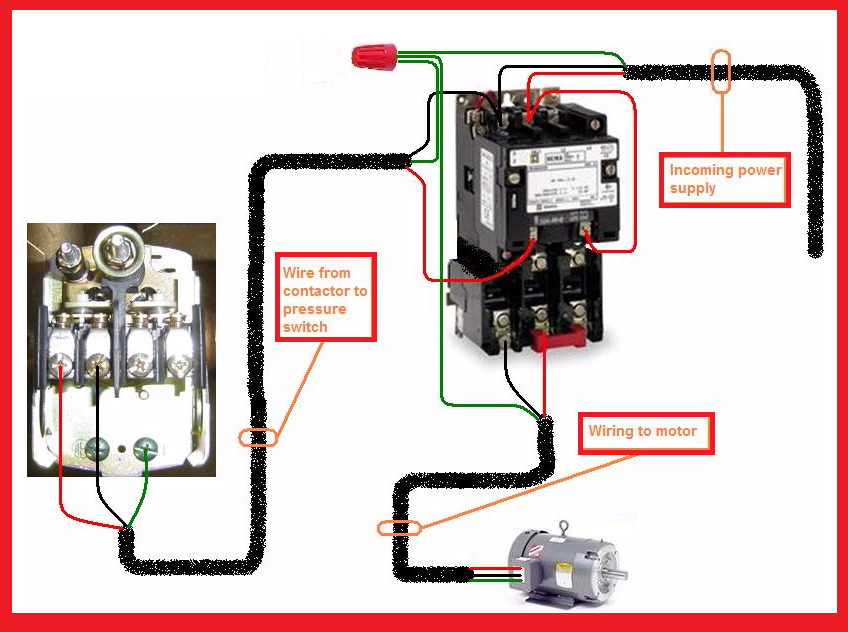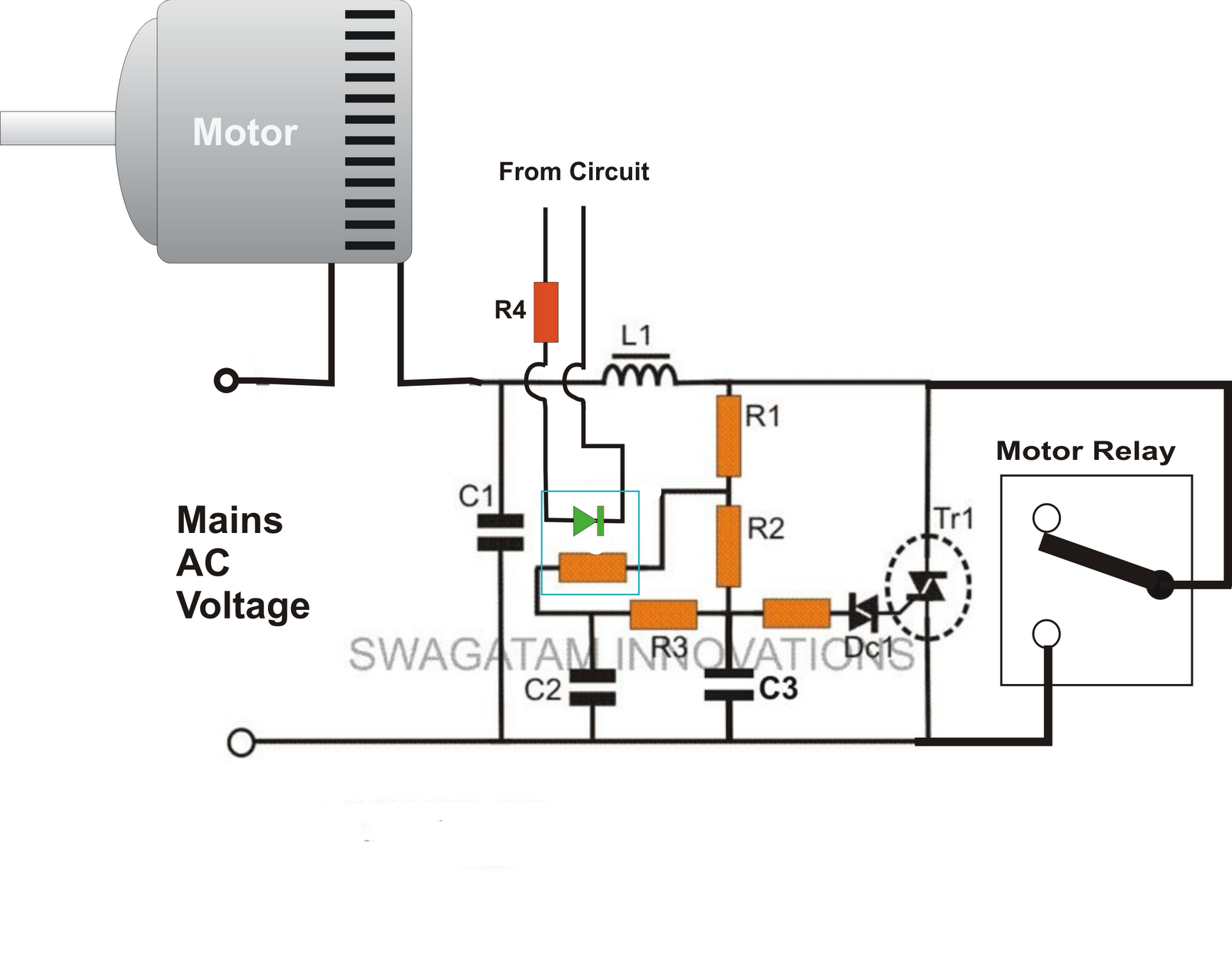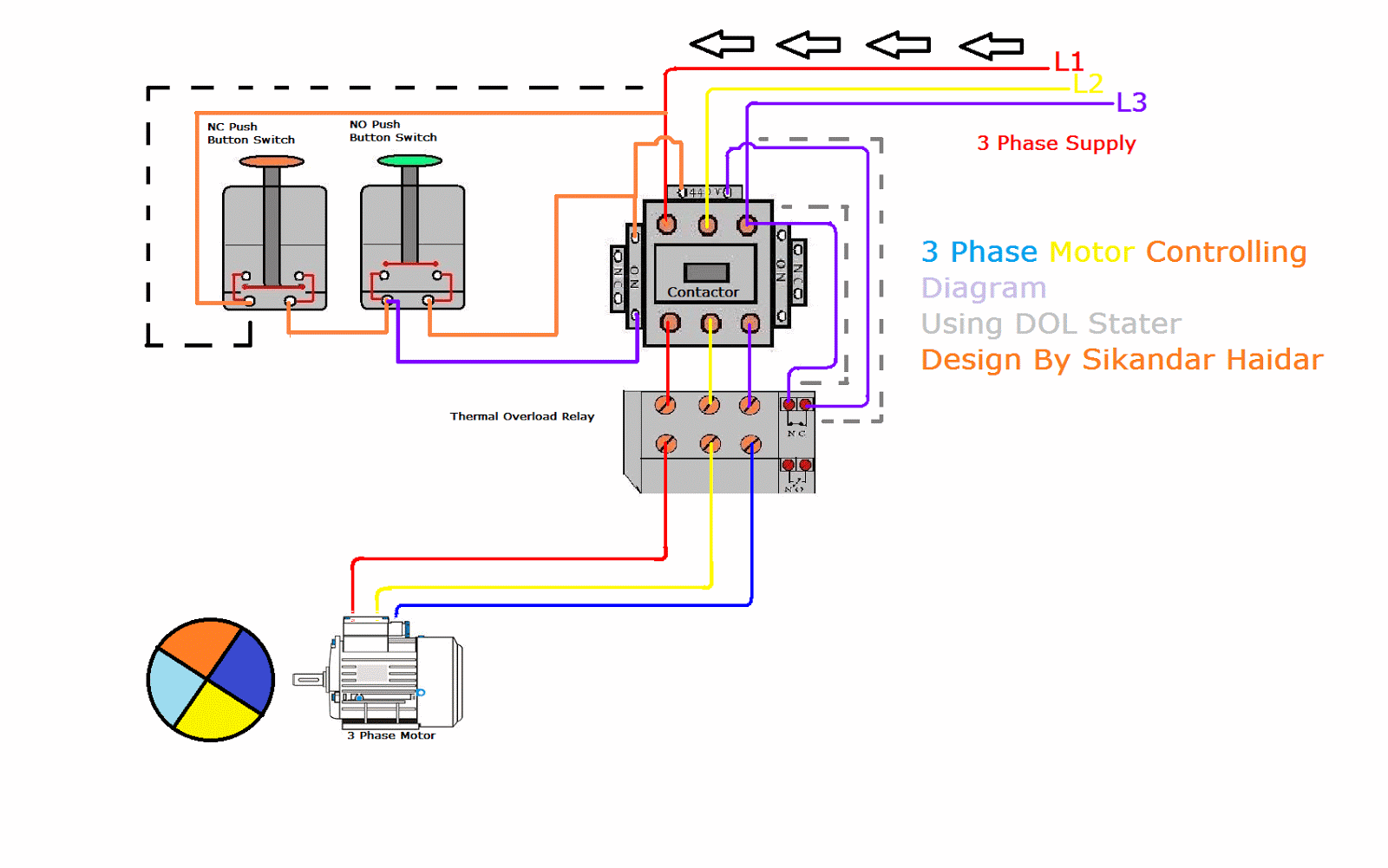Beat the Heat: Choosing the Best Soft Starter for Your Home AC
Is your home air conditioner constantly cycling, causing flickering lights and a hefty electricity bill? A soft starter for your AC might be the solution you've been searching for. These devices offer a gentle start-up for your AC compressor, minimizing the initial power surge and extending the lifespan of your cooling system. This article dives deep into the world of soft starters, helping you understand their benefits and choose the perfect one for your home.
A common misconception is that soft starters are only for large industrial applications. However, the technology has evolved, making quality soft starters accessible and beneficial for residential AC units. Choosing the right soft starter can lead to significant energy savings, reduced wear and tear on your AC system, and a more comfortable home environment.
The concept of reducing initial power surges in electric motors isn't new. Early methods involved using resistive starting circuits, but these were inefficient and generated a lot of heat. The development of solid-state electronics paved the way for modern soft starters, which use thyristors or IGBTs to control the voltage applied to the motor during start-up. This controlled voltage ramp-up minimizes the stress on the motor and the electrical system.
Optimizing the starting current of your AC compressor is crucial for several reasons. High inrush currents can cause voltage dips in your home's electrical system, affecting other appliances and electronics. They also put a strain on the compressor motor itself, shortening its lifespan. A quality soft starter addresses these issues, ensuring a smooth and efficient start-up every time.
Selecting an appropriate soft starter for your AC involves considering several factors. The horsepower rating of your AC compressor is paramount, as the soft starter needs to be sized correctly to handle the motor's starting current. Other factors include the type of AC unit you have (single-phase or three-phase), the available space for installation, and your budget.
One primary advantage of using a suitable AC soft starter is the reduction in energy consumption. By smoothing out the starting current, the soft starter decreases the peak power demand, which can translate into lower electricity bills. For instance, imagine a scenario where your AC unit frequently cycles on and off during peak hours. A soft starter can significantly reduce the energy spikes associated with each start-up, ultimately saving you money.
Furthermore, incorporating a soft starter extends the life of your AC compressor. The reduced stress during start-up minimizes wear and tear on the motor windings and other components. This translates into fewer repairs and replacements, saving you money in the long run. Imagine a car engine constantly revving at high RPM upon starting – it would quickly degrade. A soft starter for your AC acts similarly, ensuring a gentle start and prolonged life.
Finally, using a suitable AC soft starter leads to improved power quality in your home. By reducing the inrush current, it minimizes voltage fluctuations that can affect sensitive electronics and appliances. No more flickering lights or unexpected resets when the AC kicks on! This enhanced power quality creates a more stable and reliable electrical environment in your home.
Advantages and Disadvantages of AC Soft Starters
| Advantages | Disadvantages |
|---|---|
| Reduced energy consumption | Initial cost |
| Extended compressor lifespan | Complexity of installation (for some models) |
| Improved power quality |
Frequently Asked Questions:
1. What is a soft starter for AC? - A soft starter gradually increases the voltage to the AC compressor motor during start-up.
2. How does a soft starter save energy? - It reduces the peak current demand during start-up.
3. Can I install a soft starter myself? - It depends on the model and your electrical expertise. Consulting a qualified electrician is recommended.
4. What size soft starter do I need for my AC? - It should match the horsepower rating of your compressor.
5. Are soft starters compatible with all types of AC units? - Most modern soft starters are compatible with both single-phase and three-phase systems.
6. How much does a soft starter cost? - Prices vary based on features and capacity.
7. What are the signs that I need a soft starter? - Frequent voltage dips, flickering lights when the AC starts, or excessive noise from the compressor.
8. Where can I purchase a soft starter? - Electrical supply stores and online retailers.
In conclusion, investing in a high-quality soft starter for your home AC unit is a wise decision that offers a multitude of benefits. From energy savings and extended equipment life to improved power quality and reduced stress on your electrical system, the advantages are undeniable. While there might be an initial cost associated with purchasing and installing a soft starter, the long-term benefits far outweigh the investment. By carefully considering your AC unit's specifications and selecting the appropriate soft starter, you can enhance the performance and longevity of your cooling system while contributing to a more efficient and comfortable home environment. Start researching your options today, and take the first step towards a cooler, more energy-efficient future.
How old is shang from mulan unmasking the captains age
Emma watsons age a journey through time and accomplishments
Unraveling the mystery your guide to pa common pleas docket sheets














